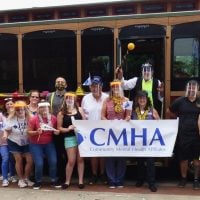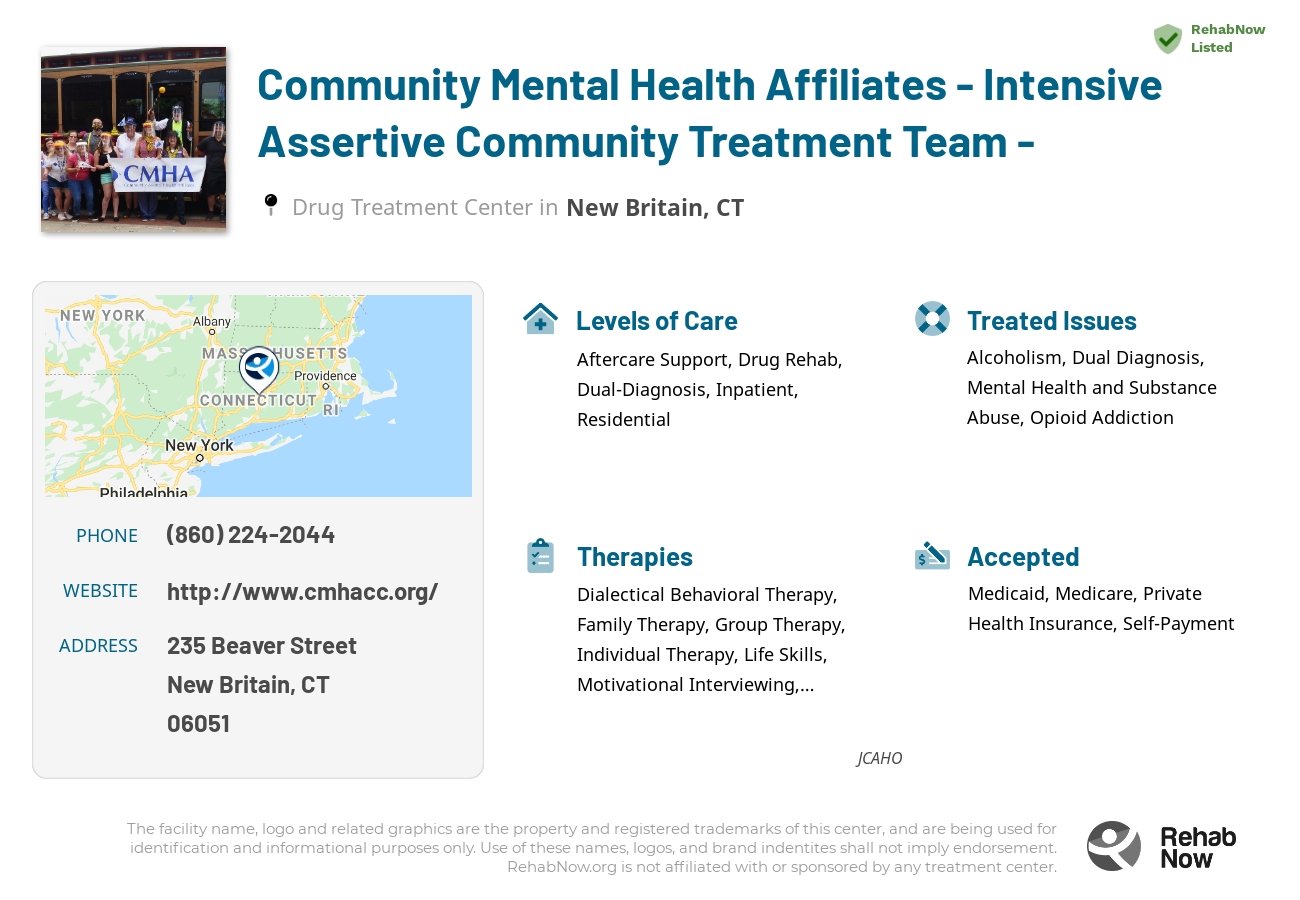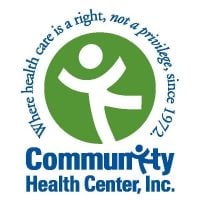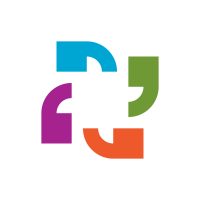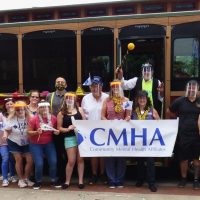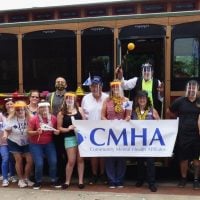Community Mental Health Affiliates - Intensive Assertive Community Treatment Team -
Drug Rehab Center in New Britain, Connecticut
The Intensive Assertive Community Treatment Team (IACTT) in New Britain, Connecticut provides evidence-based treatments for addiction and substance abuse, in addition to a wide range of mental health services, as part of their comprehensive approach to care for adults with severe mental illness.
About Community Mental Health Affiliates - Intensive Assertive Community Treatment Team - in Connecticut
Community Mental Health Affiliates - Intensive Assertive Community Treatment Team - is a premier addiction treatment facility located in New Britain, Connecticut. This program provides a 12-bed facility that specializes in treating patients suffering from Alcoholism, Dual Diagnosis, Opioid Addiction, Drug Addiction, and other substance abuse disorders. It offers a variety of services to help those struggling with addiction on their path to recovery, including Aftercare Support, Drug Rehab, Dual-Diagnosis, Inpatient, and Residential Levels of Care. This program is accredited by the Joint Commission on Accreditation of Healthcare Organizations (JCAHO), and accepts Private Health Insurance.
Community Mental Health Affiliates - Intensive Assertive Community Treatment Team - offers a number of evidence-based therapeutic treatments, such as individual and group counseling sessions, medication-assisted treatment, and relapse prevention. In addition, they support clients by providing guidance with important life skills such as budgeting, job seeking, and self-care. Specialized programs are also provided, such as family therapy and gender-specific treatment to address the unique needs of their clients. The experienced counselors at Community Mental Health Affiliates - Intensive Assertive Community Treatment Team - are committed to helping clients through each step of recovery by providing long-term support and relapse prevention.
Genders
Ages
Modality
Additional
Accreditations

JCAHO
Conditions and Issues Treated
Opioid addiction has become a significant health problem in the United States. When a person’s life becomes unmanageable because of an opioid addiction, treatment can help them get sober. Treatment includes medical care and counseling.
“With so many people struggling with opioid addiction, we need more care and attention for those who want to quit. Opioid addicts often take opioids when they experience a painful injury – that’s how the cycle starts! When someone begins taking their medication differently than prescribed or takes an excessive amount of drugs, it means they’re hooked on drugs and in danger of overdosing.
The most successful way to beat this is through detoxing from these types treatments at Community Mental Health Affiliates - Intensive Assertive Community Treatment Team - in . Most facilities start by using medical support during the process while providing counseling services; rehabilitation comes later on after treatment has been completed successfully.
A “dual diagnosis” is when the individual has two medical issues at the same time. The top co-occurring mental disorders with addiction are depression, anxiety, ADHD, bi-polar disorder. Addiction is also considered a mental illness that is not a choice but rather a medical condition. Addiction can be caused by any number of underlying issues.
Dual diagnosis is provided by Community Mental Health Affiliates - Intensive Assertive Community Treatment Team - to treat addictive tendencies as well as any untreated mental illnesses. This ensures successful long term health and recovery for patients after treatment has been completed.
Dual diagnosis is provided by Community Mental Health Affiliates - Intensive Assertive Community Treatment Team - to treat addictive tendencies as well as any untreated mental illnesses for people in Connecticut. This ensures successful long term health and recovery for patients after treatment has been completed.Levels of Care Offered
This center offers a variety of custom treatment tailored to individual recovery. Currently available are Aftercare Support, Drug Rehab, Dual-Diagnosis, Inpatient, Residential, with additional therapies available as listed below.
Going to an inpatient rehab facility means living there while all aspects of addiction or co-occurring disorder get addressed. The treatment involves medical supervision, therapy, and future planning.
This type of rehabilitation provides a drug-free environment for people who struggle with chronic/long-term addiction without having access to drugs outside the center (or their own home). It takes away any distractions because they live there 24 hours per day. If someone is trying to break out old habits, which could lead them back into substance abuse, things like jobs or school can be put on hold until after they complete their stay to focus solely on recovery.
Residential treatment programs are those that offer housing and meals in addition to substance abuse treatment. Rehab facilities that offer residential treatment allow patients to focus solely on recovery, in an environment totally separate from their lives. Some rehab centers specialize in short-term residential treatment (a few days to a week or two), while others solely provide treatment on a long-term basis (several weeks to months). Some offer both, and tailor treatment to the patient’s individual requirements.
Without aftercare support, addicts can easily relapse back into addiction. It is crucial to integrate the addict back into society. Aftercare support should take place after outpatient treatment has ended.
There are a few different types of aftercare support that patients can seek after completing an inpatient treatment program:
- 12 Step Self-help groups (AA, NA)
- Therapeutic communities,
- Long-term, structured sober living arrangements
- Halfway houses (residential treatment centers)
Many different support groups exist for addicts to seek help after treatment. Some are more effective than others, depending on the person’s addiction, background, and other factors.
Therapies & Programs
Individual therapy is a form of counseling where you meet with a trained professional one-on-one. Meeting with a therapist in this setting allows for a personal and trusting relationship to be built. This allows the patient to open up about sensitive or private issues they may not feel comfortable discussing in a group. Individual therapy helps identify the root causes of your addiction, which can help prevent relapse.
Family therapy is often done alongside drug treatment to help addicts stay sober. The goal of family therapy for drug addiction is to create an environment where communication can happen without judgment, hostility, or blame. The therapist will sit with the family so they can learn how to communicate differently and provide new tools for dealing with emotions so that people don’t want to drink or do drugs. It’s important for families to focus on relapse prevention plans during treatment so that if the addict feels like they want to use again, they’ll know what steps they need to take together to prevent it from happening again in the future.
Group therapy sessions are another common addiction recovery service. These group sessions typically involve six to 12 addicts who meet regularly with a trained professional for support and guidance.
During these sessions, the group shares their experiences with one another and provides feedback that can help each member avoid relapse or overcome specific obstacles they are facing in their recovery process. With this type of support and guidance, addicts can feel like they are part of a community that understands their struggles and will help them get through the hard times.
Many people struggling with drug addiction have experienced some form of trauma in their lives. It is crucial that these individuals seek out professional help; otherwise, their drug abuse and addiction will likely continue.
Therapists and counselors at drug treatment centers employ several treatment programs to help people struggling with drug addiction, including trauma therapy. Trauma therapy helps people dealing with addiction by allowing them to confront the traumas of their past and move past them.
It is important to note that trauma therapy should not be confused with PTSD (post-traumatic stress disorder). Rather, it is used to treat the effects of trauma, which are often at the root of addiction.
Dialectical Behavior Therapy was developed in the 1980s to treat chronically suicidal individuals. It is a cognitive-behavioral therapy that combines standard DBT with strategies derived from Zen Buddhism, such as mindfulness training.
DBT has been adapted for use with other types of psychiatric problems, including eating disorders, substance abuse disorders, borderline personality disorder, posttraumatic stress disorder (PTSD), and other personality disorders. Dialectical Behavior Therapy is considered a psychosocial treatment of BPD. This means that while it can be used alone or in conjunction with drug treatments, DBT does not rely on medications to treat the disorder. Instead, DBT aims to help patients change their thinking and behavior.
Cognitive Behavioral Therapy (CBT) focuses on the underlying thoughts and behaviors that caused the problem of addiction in the first place and may cause a relapse. Negative feelings are common in drug abuse disorders, but they can lead to co-occurring disorders if not recognized. CBT involves strategies that help to change the behavior pattern by restructuring negative thoughts into positive ones. It helps to remove these feelings, and it provides long-term benefits. Also, CBT promotes self-awareness and self-control. It can be administered as a monotherapy or as part of combination therapy.
CBT can improve the patient’s mood, reduce drug cravings and boost success rates on treatment plans. Regular practice can help individuals handle negative attitudes, thoughts, and feelings without turning to drugs or alcohol. The core belief of Cognitive Behavioral Therapy (CBT) is that one’s moods, behaviors, and actions are all connected. Individuals can improve their quality of life using CBT. It helps addicts understand the patterns of thought and feelings that cause them to use drugs or alcohol and develop a healthy response.
It’s not as simple as quitting drinking or using drugs and expecting the hard part to be over. Many addicts in recovery have discovered that they need to improve skills such as time management, organization, communication, socialization, and self-esteem. Learning certain life skills can help those who are struggling with addiction.
Payment Options Accepted
For specific insurance or payment methods please contact us.
Is your insurance accepted?
Ask an expert, call (888) 674-0062
Community Mental Health Affiliates Associated Centers
Discover treatment facilities under the same provider.
- Community Mental Health Affiliates - Child and Family Counseling Center - Torrington in Torrington, CT
- Community Mental Health Affiliates - Hart Street in New Britain, CT
- Community Mental Health Affiliates - Child and Family Counseling Center - Whiting Street in New Britain, CT
- Community Mental Health Affiliates - Child and Family Counseling Center - Waterbury in Waterbury, CT
- Community Mental Health Affiliates - Transitional Youth Program in New Britain, CT
Learn More About Community Mental Health Affiliates Centers
Additional Details
Specifics, location, and helpful extra information.
New Britain, Connecticut 6051 Phone Number(860) 224-2044 Meta DetailsUpdated November 25, 2023
Staff Verified
Community Mental Health Affiliates - Intensive Assertive Community Treatment Team - Patient Reviews
There are no reviews yet. Be the first one to write one.
New Britain, Connecticut Addiction Information
Connecticut has a higher rate of substance abuse and addiction than the national average. The state ranks in the top 10 in the country for illicit drug dependence among those ages 18 to 25. In 2010, there were 9,211 people admitted to an alcohol treatment facility for alcohol abuse combined with a secondary drug. Connecticut ranked fifth in the United States of America for the number of fatalities involving drunk driving in 2014.
The drug addiction problem in New Britain, Connecticut, is not as severe as in other parts of the country. However, there are still many people who are addicted to drugs and alcohol. In 2016, 4.2% of people aged 18 or older in New Britain, Connecticut needed treatment for an illicit drug use problem. The treatment in New Britain, CT, depends on the rehabilitation center that someone chooses.
Treatment in Nearby Cities
- Darien, CT (54.6 mi.)
- Middletown, CT (10.6 mi.)
- Vernon-Rockville, CT (18.5 mi.)
- Clinton, CT (30.0 mi.)
- Bristol, CT (8.5 mi.)
Centers near Community Mental Health Affiliates - Intensive Assertive Community Treatment Team -
The facility name, logo and brand are the property and registered trademarks of Community Mental Health Affiliates - Intensive Assertive Community Treatment Team -, and are being used for identification and informational purposes only. Use of these names, logos and brands shall not imply endorsement. RehabNow.org is not affiliated with or sponsored by Community Mental Health Affiliates - Intensive Assertive Community Treatment Team -.
